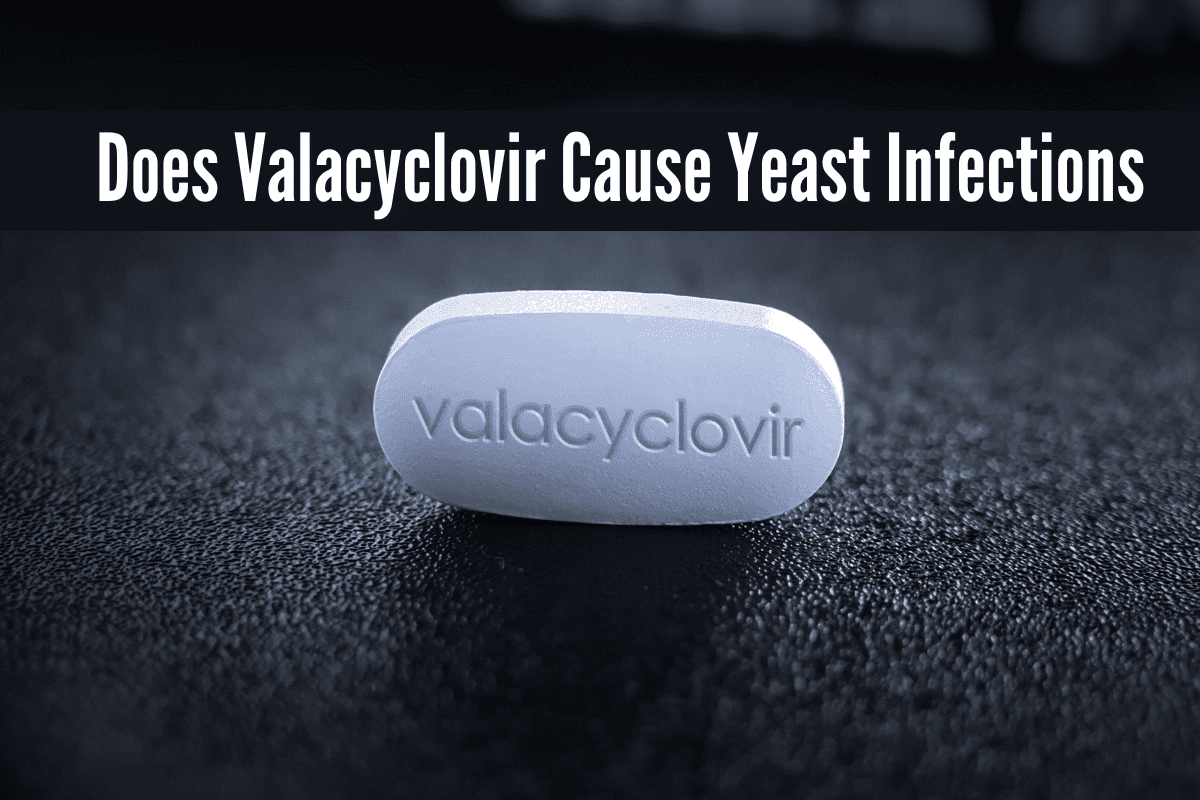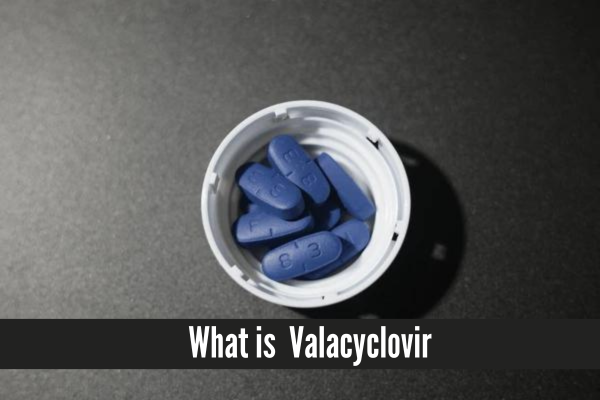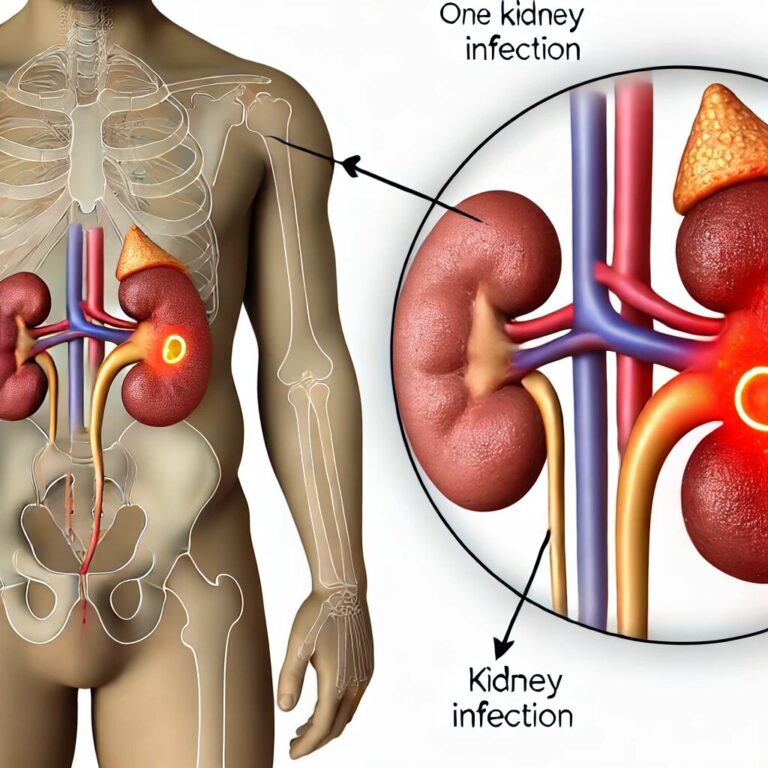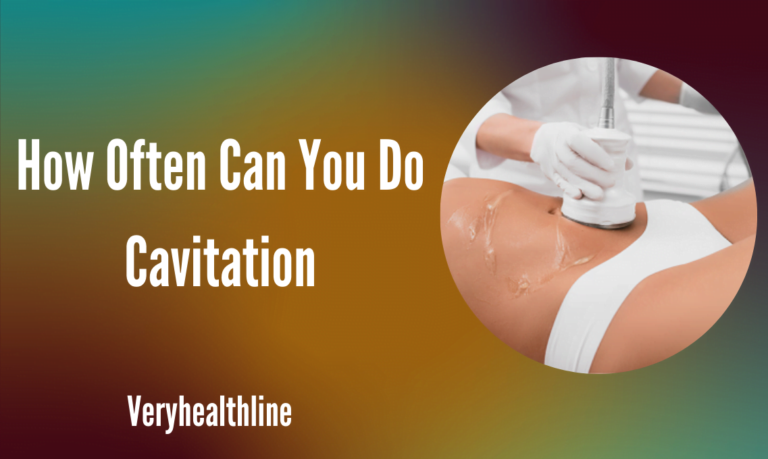Does Valacyclovir Cause Yeast Infections

Begin with a brief introduction to Valacyclovir, highlighting its common uses for treating viral infections like herpes simplex virus. Mention that while it is a effective for its intended uses, patients often have questions about its side effects and including the possibility of causing yeast infections.
Briefly introduce what valacyclovir is used for, focusing on its role in treating viral infections such as herpes simplex virus.
State the purpose of the article: to explore whether there is a link between taking valacyclovir and the occurrence of yeast infections.
Understanding Yeast Infections
Yeast infections are caused by an overgrowth of Candida, a fungus that usually resides in the human body.
An imbalance in the natural bacteria and yeast in the body can lead to an overgrowth of Candida and result in a yeast infection.
Yeast infections can occur in various parts of the body, including the mouth, vagina, and skin.
The most common type of yeast infection is vaginal yeast infection, which affects approximately 75% of women at some point in their lives. Symptoms of a yeast infection may include itching, burning, and abnormal discharge.
The Link Between Valacyclovir and Yeast Infections
While valacyclovir is not explicitly known to cause yeast infections, it can indirectly contribute to them. Valacyclovir works by suppressing the replication of viruses, including HSV.
This also means that it can affect other microorganisms in the body, such as certain types of bacteria and fungi.
Additionally, valacyclovir can weaken the immune system, making it harder for the body to fight infections like yeast overgrowth.
This is especially true for individuals with compromised immune systems, such as those with HIV/AIDS or undergoing chemotherapy.
Valtrex and Yeast Infections
Valtrex, the brand name for valacyclovir, is used not only for treating HSV infections but also for preventing outbreaks in people with chronic conditions.
While its antiviral properties are highly effective, patients and healthcare providers are concerned about its potential side effects, such as yeast infections. It’s important to note that while direct causation is not clearly established, the circumstantial evidence and patient reports suggest a possible connection.
Patients taking Valtrex should know the signs of yeast infections and consult their healthcare provider if they experience symptoms. Managing the balance of microorganisms in the body through probiotics and maintaining good hygiene practices can also help reduce the risk of developing such side effects.
What is Valtrex?
Valtrex is the trade name for valacyclovir, an antiviral drug in the class of medications known as nucleoside analogs.
It is primarily used to manage and treat outbreaks of herpes simplex virus infections, such as genital herpes, cold sores, and shingles (herpes zoster) in adults.
Valtrex works by slowing down the growth and spread of the virus, allowing the body’s immune system to fight the infection more effectively. Although Valtrex cannot cure herpes, it can significantly reduce the symptoms associated with these infections.
Also Read: Pros and Cons of Taking Valtrex Daily

Can Valacyclovir Cause Yeast Infection?
Valtrex (valacyclovir) itself does not usually cause yeast infections.
Antiviral medication is used to treat viral infections such as herpes simplex and shingles.
It works specifically against viruses and not the fungi that cause yeast infections.
However, any disruption to the average balance of microorganisms in the body, including those caused by illness, stress, or possibly the use of antibiotics (which are sometimes used in conjunction with antiviral medications)
It can lead to an overgrowth of yeast. Therefore, while it’s not a common side effect of Valtrex itself, changes in the body’s microbial balance related to the conditions being treated with Valtrex might contribute indirectly to a yeast infection.
Factors Contributing to Yeast Infections
Multiple factors can contribute to yeast infections beyond medication impact. These include hormonal imbalances, often experienced during pregnancy, menopause, or as a result of birth control pills.
A weakened immune system, whether due to chronic illness, stress, or inadequate nutrition, can also make an individual more susceptible to infections. Furthermore, poor hygiene practices, such as wearing damp clothing for prolonged periods or overly tight clothing restricting airflow, can create an environment conducive to yeast growth.
Understanding these factors is essential in preventing yeast infections and maintaining a healthy balance of microorganisms in the body.
Preventing Yeast Infections While Taking Valacyclovir
If you are taking valacyclovir and experiencing yeast infection symptoms, it is essential to consult your doctor for proper diagnosis and treatment.
There are steps you can take to prevent yeast infections while taking the medication.
- Practice good hygiene, especially in the genital area.
- Avoid tight-fitting clothing and wear breathable fabrics.
- Choose probiotic-rich foods or take probiotic supplements to help maintain a healthy balance of bacteria and yeast in the body.
- Consider using an over-the-counter anti-fungal cream or suppository if you are prone to yeast infections while taking valacyclovir.
What Are the Side Effects of Valtrex?
Valtrex can cause side effects, though not everyone experiences them. Here are some of the common and serious side effects associated with Valtrex:
Common Side Effects
- Headache
- Nausea
- Stomach pain
- Vomiting
- Dizziness
Serious Side Effects
- Confusion
- Agitation
- Hallucinations
- Trouble speaking
- Coma
- Kidney problems
- Seizures
- Allergic reactions
Other Considerations
- People with kidney problems, a weakened immune system, or those taking higher doses are more at risk of severe side effects.
- It’s important to stay hydrated while taking Valtrex, especially in older adults, to help prevent kidney damage.
Conclusion
While does valacyclovir cause yeast infections not directly cause yeast infections, it can indirectly contribute to them. It is important to pay attention to your body and consult your doctor if you experience any unusual symptoms while taking the medication.
Practicing good hygiene and maintaining a healthy balance of bacteria and yeast in the body can also help prevent yeast infections while taking valacyclovir.
So, it is always recommended to consult your doctor before taking any medication and also maintain a healthy lifestyle to avoid any potential side effects.
FAQ
Can I take valacyclovir if I frequently get yeast infections?
Yes, valacyclovir can be taken if you are prone to yeast infections, but it’s important to discuss your medical history with your doctor.
Are there ways to prevent yeast infections while taking valacyclovir?
Maintaining good hygiene, wearing breathable clothing, and consuming probiotics can help maintain the natural balance of your microbiota.
References





